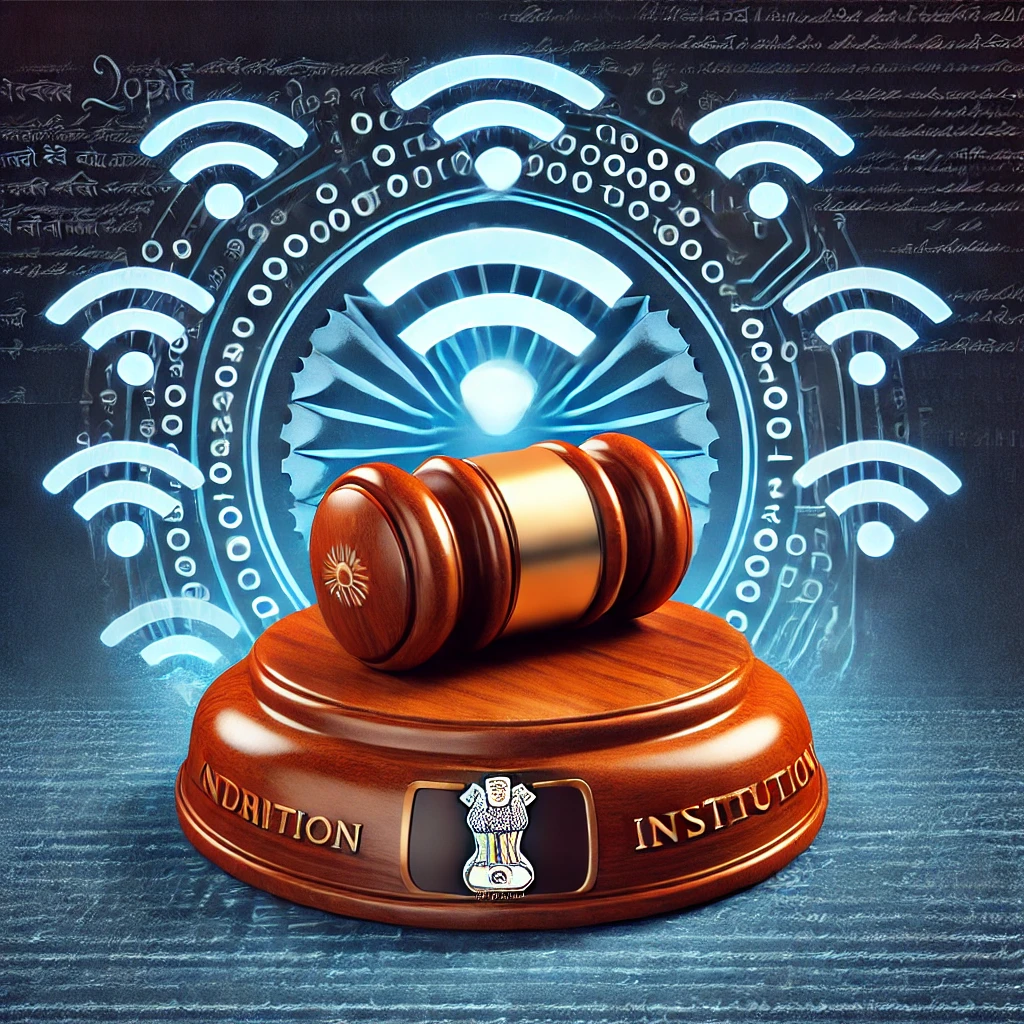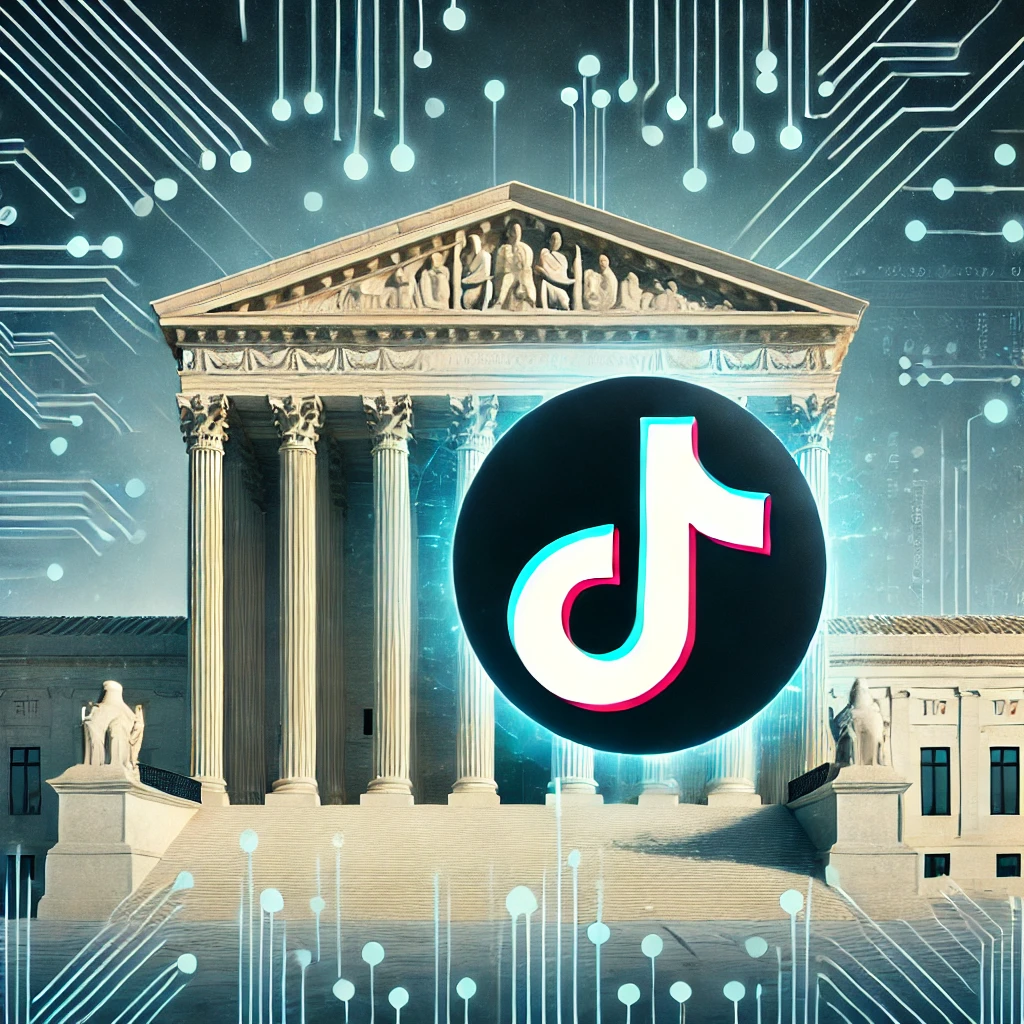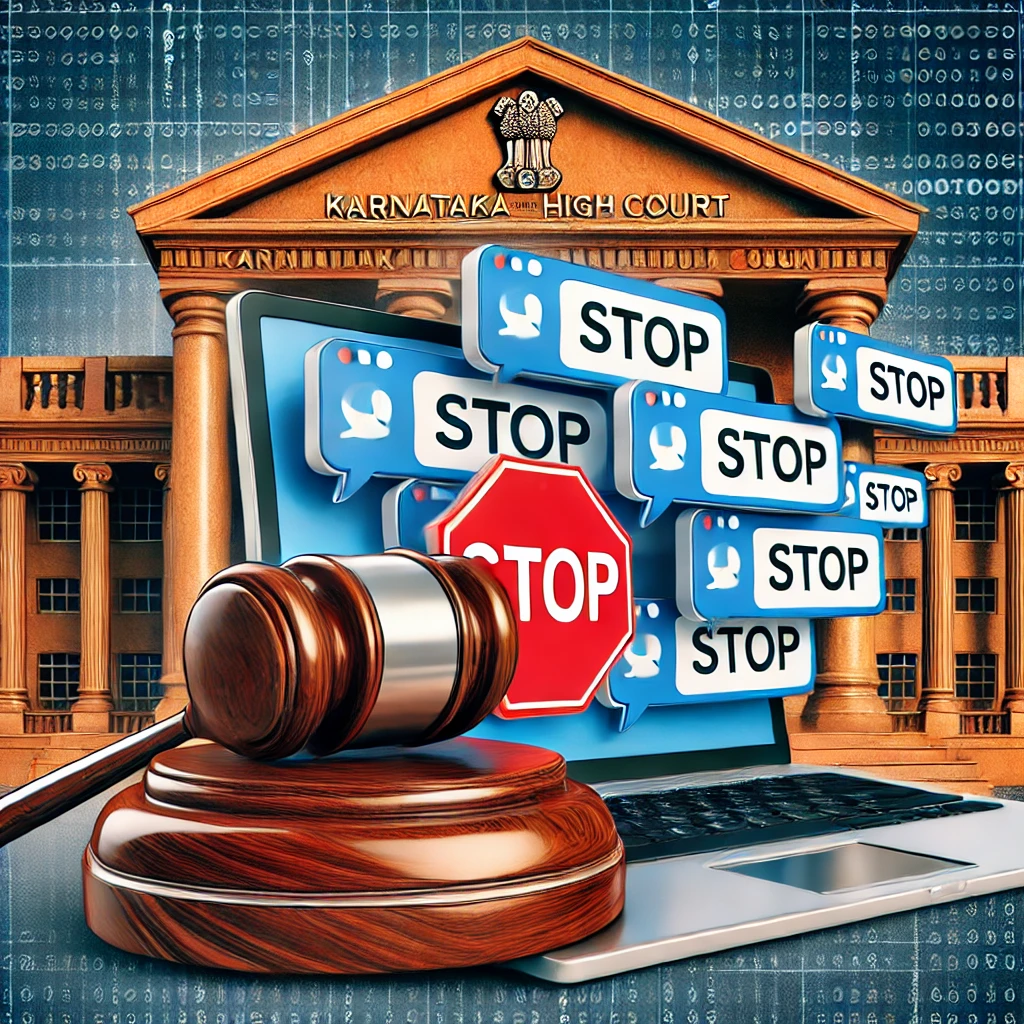Media laws at China
Media laws in China are strict and heavily regulated, with the government maintaining significant control over the media to promote its political agenda, ensure stability, and prevent content that could challenge the Communist Party's authority. The Chinese media landscape is characterized by censorship, state-owned media, and a complex regulatory framework that applies to all forms of media, including television, radio, print, online platforms, and social media.
Here are the key elements of media laws in China:
1. Constitutional Framework
Article 35 of the Chinese Constitution guarantees freedom of speech, the press, assembly, association, and procession. However, these rights are limited by the state's interests in safeguarding national security, social stability, and the Communist Party’s control.
Media Freedom Restrictions: In practice, freedom of speech is heavily restricted, especially when it comes to content that challenges the government or Party leadership. The Constitution does not guarantee media freedom in the same way it is understood in many Western democracies.
2. State Control and Censorship
The State Council Information Office (SCIO) and the Publicity Department of the Communist Party of China (CPC) play central roles in overseeing and controlling the flow of information within the country.
Censorship: Media outlets in China are subject to rigorous censorship. The government enforces a strict system that monitors and regulates content. This includes suppressing criticism of the government, the Communist Party, and sensitive topics like Tiananmen Square, Taiwan, Tibet, and Hong Kong.
Great Firewall: A sophisticated system of internet censorship that blocks access to foreign websites and online platforms, including Google, Facebook, Twitter, and many others. Domestic websites are also required to comply with censorship guidelines.
3. Regulation of Print and Broadcast Media
Press Law: The Chinese Press Law (1990) outlines the role of the media in China, stating that the media must serve the interests of the state and the people. The law permits censorship and promotes the government’s narrative.
Television and Radio: All broadcast media in China are state-owned or under direct government control. The National Radio and Television Administration (NRTA) is responsible for regulating broadcast content, ensuring that it aligns with Party policies.
Content Restrictions: Broadcasting content must adhere to national guidelines and reflect the government’s ideological stance. This includes censorship of foreign content, violence, politically sensitive material, and anything that could be seen as undermining the authority of the state.
4. Internet and Digital Media Regulation
The Cybersecurity Law (2017) is a key piece of legislation governing internet activity in China. It regulates everything from internet service providers to online content, ensuring that all platforms adhere to strict censorship and data control practices.
Social Media: China’s major social media platforms, like WeChat, Weibo, and Douyin (TikTok), are closely monitored by the government. Platforms must comply with censorship guidelines, and content creators are often held accountable for violating these rules. Many foreign platforms are blocked or heavily restricted in China.
Online Content Regulation: The Internet Information Services Administrative Measures (2011) require internet companies to censor harmful content and prevent the spread of anything deemed politically sensitive, such as criticism of the government or the promotion of "subversive" ideas.
5. Media Ownership and Control
State Ownership: Most media outlets in China, including newspapers, television, and radio stations, are state-owned or controlled by state-backed enterprises. This ensures the government has ultimate control over what information is disseminated to the public.
Private Media: There are limited opportunities for private media ownership in China. Any private media organization must still comply with government regulations and censorship guidelines.
Foreign Media: Foreign media organizations are allowed to operate in China but are subject to heavy regulation and must cooperate with censorship requirements. International media are also restricted in terms of content they can publish, and they must often self-censor to avoid facing penalties.
6. Media Ethics and Responsibility
The media is often required to follow the government’s narrative and to promote the policies of the Communist Party. Journalists are expected to avoid reporting on politically sensitive issues, including criticism of the Party, state leaders, or the military.
Political and Ideological Content: There is an emphasis on promoting socialist values and the ideological teachings of the Communist Party. The media is expected to act as a mouthpiece for the Party’s agenda, with content that aligns with the government’s vision for the country.
7. Penalties for Violations
Media outlets and individuals who violate media laws in China face serious consequences, including fines, suspension of licenses, or criminal charges. There have been cases of journalists and bloggers being imprisoned for spreading “false information” or “subversive” content.
Criminal Penalties: Defamation, spreading rumors, or inciting rebellion against the government are criminal offenses. Journalists and activists who challenge the government may face imprisonment or detention.
8. Control Over Foreign Media
Foreign Correspondents: Foreign journalists working in China must apply for accreditation and are often subjected to surveillance. They must follow the same censorship guidelines and are not allowed to report on sensitive topics like the government’s human rights record or pro-democracy movements.
Foreign News Outlets: The government tightly controls foreign news outlets and often restricts access to foreign media websites. For example, BBC, The New York Times, and other outlets are frequently blocked, particularly when reporting on sensitive topics.
9. Recent Trends and Developments
Greater Online Surveillance: The government has increased its focus on regulating online speech. Social media platforms, live-streaming services, and digital platforms are required to monitor user content and remove anything deemed inappropriate or against the state's policies.
Hong Kong and Xinjiang Coverage: Media coverage on sensitive issues like the situation in Hong Kong and the treatment of Uighurs in Xinjiang is heavily censored. International media reporting on these issues is often blocked or restricted in China.
Conclusion
In summary, China's media laws are designed to maintain strict control over information and ensure that media serves the interests of the state and the Communist Party. While there are legal frameworks for regulating the press and internet, freedom of speech and media independence are significantly restricted. The government's vast censorship apparatus, including the Great Firewall and state-controlled media outlets, limits access to information and prevents the free flow of ideas that might challenge the political status quo.




















0 comments